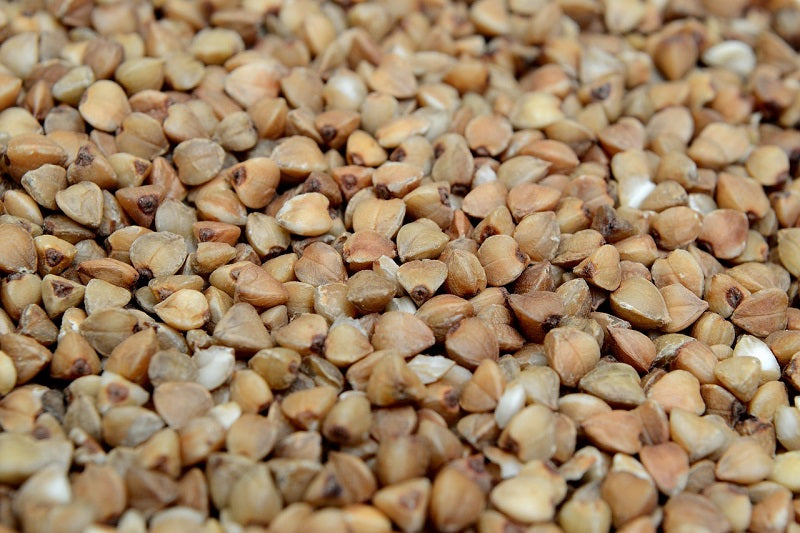Buckwheat is a gluten-free seed that's been consumed in Asia for centuries. Thanks to the nutrients it contains, buckwheat is becoming more popular in the United States, Canada and Europe. It contains protein and fiber, along with vitamins and minerals that help support a healthy heart. Buckwheat benefits also include diabetes prevention, improved digestion and lower inflammation levels.


Buckwheat Benefits
1. Improves Heart Health
Buckwheat benefits include lower cholesterol levels, lower blood pressure levels and improved heart health. Research has shown that buckwheat benefits the heart by lowering inflammation levels to help prevent heart disease. It works to decrease LDL cholesterol levels and increase HDL cholesterol. Buckwheat contains rutin, a phytonutrient that plays an important role in cardiovascular health. (1)2. Fights Disease
Buckwheat benefits the body by protecting it from cancer and heart disease. It contains protective phenolic compounds that work to support brain, liver and digestive health while fighting against infection and illness. The antioxidants in buckwheat help fight free radical damage in the body to reduce DNA damage, inflammation and cancerous cell formation. (2)
3. Provides Protein
Buckwheat benefits the body by supplying it with plant-based protein. 100 grams of Buckwheat contains about 14 grams of protein. As a gluten-free plant protein, buckwheat is a healthy option for vegans, vegetarians and those who follow a gluten-free diet.4. Improves Digestion
Thanks to the fiber it contains, buckwheat benefits include improved digestive health. Buckwheat helps food move through the digestive tract to promote regularity. It also works to protect the digestive organs from cancer, infections and other health issues caused by oxidative stress. (3)5. Prevents Diabetes
Buckwheat benefits include natural diabetes prevention. Buckwheat is low on the glycemic index, which means that the carbohydrates it contains are absorbed into the bloodstream slowly. It works to fight blood sugar imbalances that can cause inflammation, fatigue and diabetes. Studies have shown that when diabetic patients consumed buckwheat over a two-month period, they saw improvements in blood sugar control and insulin resistance, without the use of medication.





